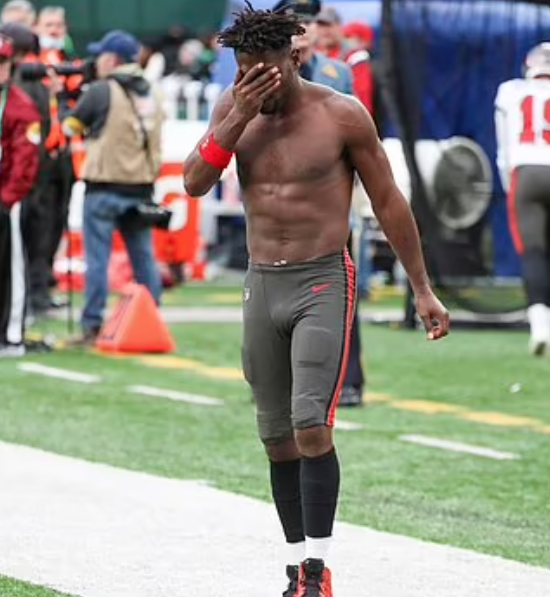Digital blackface can refer to non-Black persons claiming Black identities online or non-Black people using Black people in GIFs or memes to express their own views or emotions, depending on who you ask.
While digital blackface is less blatantly and intentionally damaging than 19th-century blackface, it shares many of the same characteristics in terms of reducing Black people to stereotypes and allowing non-Black people to profit from these stereotypes.
To make matters worse, digital blackface via GIFs contributes to the subtle dehumanization of Black people by providing a visual component to the single-story notion.
To be seen only as a meme when there is most likely a story behind those expressions is demoralizing as a human. How can Black people tell their stories and live their lives like everyone else when everything they do is viewed as a joke and used out of context?
A great, recent example of this is Antonio Brown and his exit off the field in the middle of an NFL (National Football League) game. At that moment, thousands, possibly millions of people were watching in confusion. Hours later, he was made into a laughing stock on Twitter.
Personally, I don’t know Antonio; I don’t know what he’s going through or what was going through his mind as he stripped off his jersey before leaving the stadium. One thing I do know is, a public meltdown should not become a meme. Mocking his display of emotions at the moment and after wasn’t funny and never will be funny. Unfortunately, he and many other Black people, celebrities and social media users alike, fall victim to the public abuse of the interweb.
The internet is a portal to intercultural awareness. All I have to say is: before you send that meme, think twice. It could save you a lot of unintentional embarrassment.

